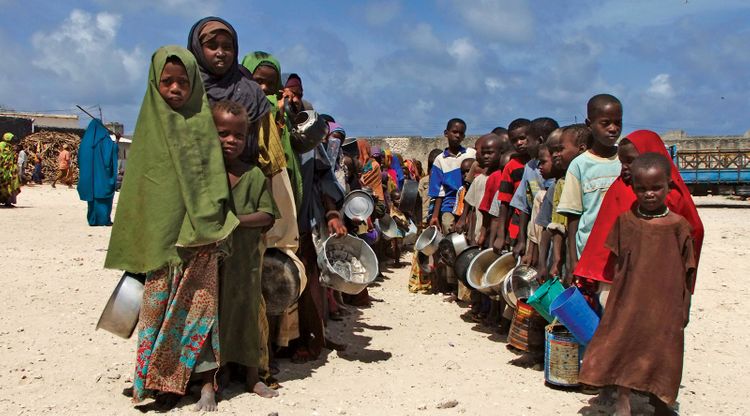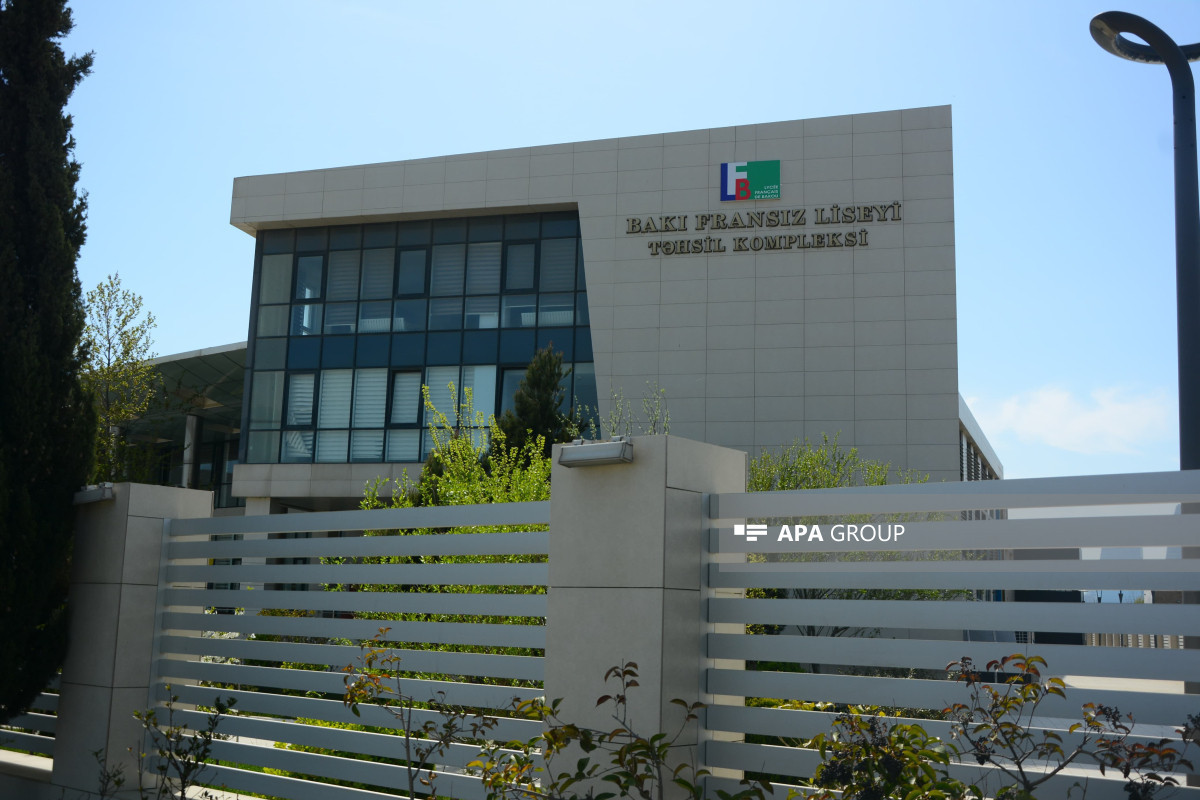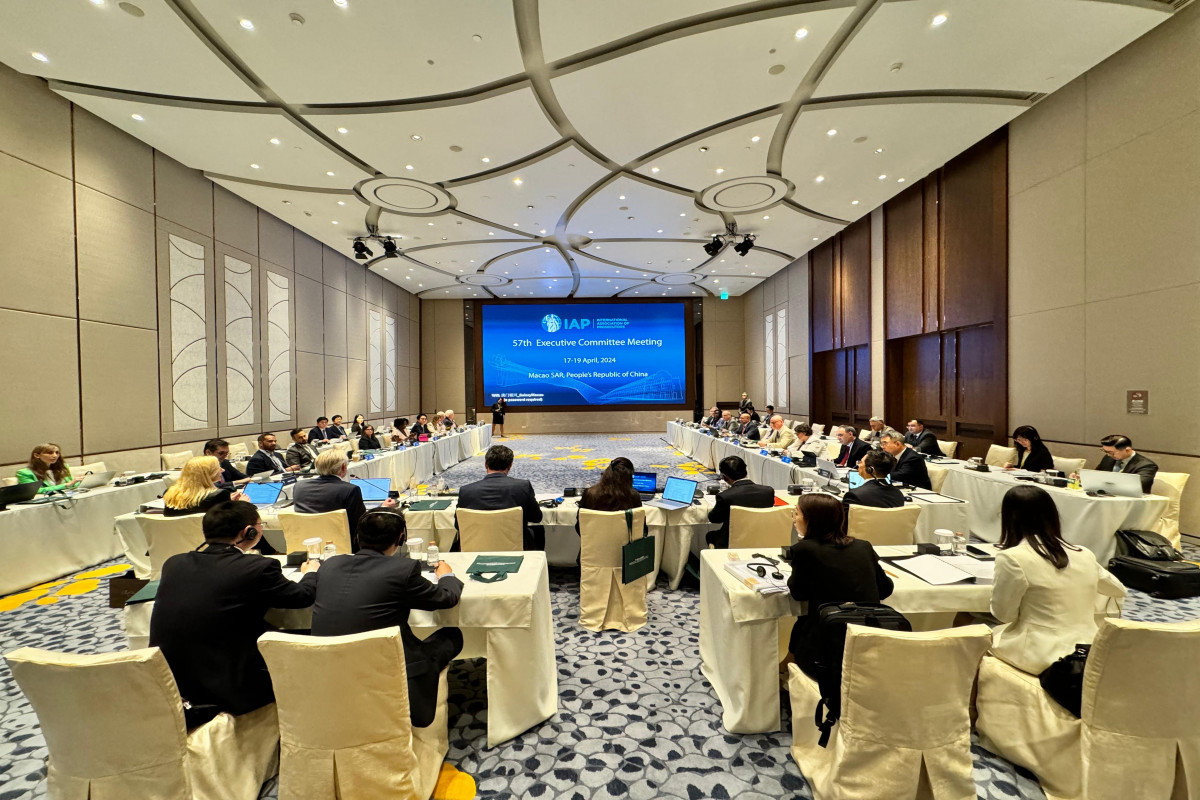U.N. Secretary-General Antonio Guterres warned that there is a risk of famine and widespread food insecurity in four countries affected by conflict — Congo, Yemen, northeast Nigeria and South Sudan — and the lives of millions of people are in danger, APA reports citing AP.
In a note to Security Council members obtained by The Associated Press on Friday, the U.N. chief said the four countries rank “among the largest food crises in the world,” according to the 2020 Global Report on Food Crises and recent food security analyses. But funding to help is very low, he said.
“Action is needed now,” Guterres said. “Having endured years of armed conflict and related violence, the people of the Democratic Republic of the Congo, Yemen, northeast Nigeria and South Sudan are again facing the specter of heightened food insecurity and potentially famine.”
The U.N. chief said key indicators “are similarly deteriorating” in a number of other conflict-hit countries including Somalia, Burkina Faso and Afghanistan.
“The situation varies from country to country, but civilians are being killed, injured and displaced; livelihoods are destroyed; and availability of and access to food disrupted, amid growing fragility,” Guterres said. “At the same time, humanitarian operations are attacked, delayed or obstructed from delivering life-saving assistance.”
He said food insecurity in conflict-affected countries “is now further exacerbated by natural disasters, economic shocks and public health crises, all compounded by the COVID-19 pandemic.”
U.N. humanitarian chief Mark Lowcock said in an interview with AP that the economic fallout from the pandemic including lock downs, border closures and restrictions on movement have all had “a big effect on food security and agricultural productivity.”
And extremists have taken the opportunity “to make hay out of all this,” he said.
“Everybody is very preoccupied by COVID and the virus,” Lowcock said. But “it is not the virus that’s creating most of the carnage. It is other things, and we need to focus on the things that will really cause the biggest loss of life.”
Lowcock said many of those things are consequences of COVID-19 __ the economic contraction, the declining availability of basic public services, “the insecurity into which extremist groups are occupying themselves.”
He said a lot of effort has gone into things like providing personal protective equipment, public information campaigns on the virus, water and sanitation campaigns, “all of which are good things.”
“But if you do those at the expense of basic humanitarian needs in these badly affected places, what you end up with is not a reduction in loss of life but an increase in loss of life,” Lowcock said.
He said having four countries meet the requirement in a 2018 Security Council resolution to report to the council when the risk of conflict-induced famine and widespread food insecurity occurs is highly significant.






